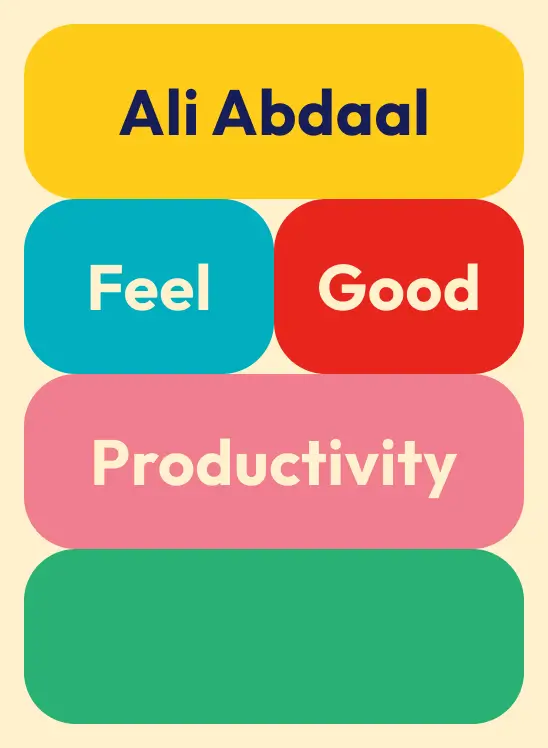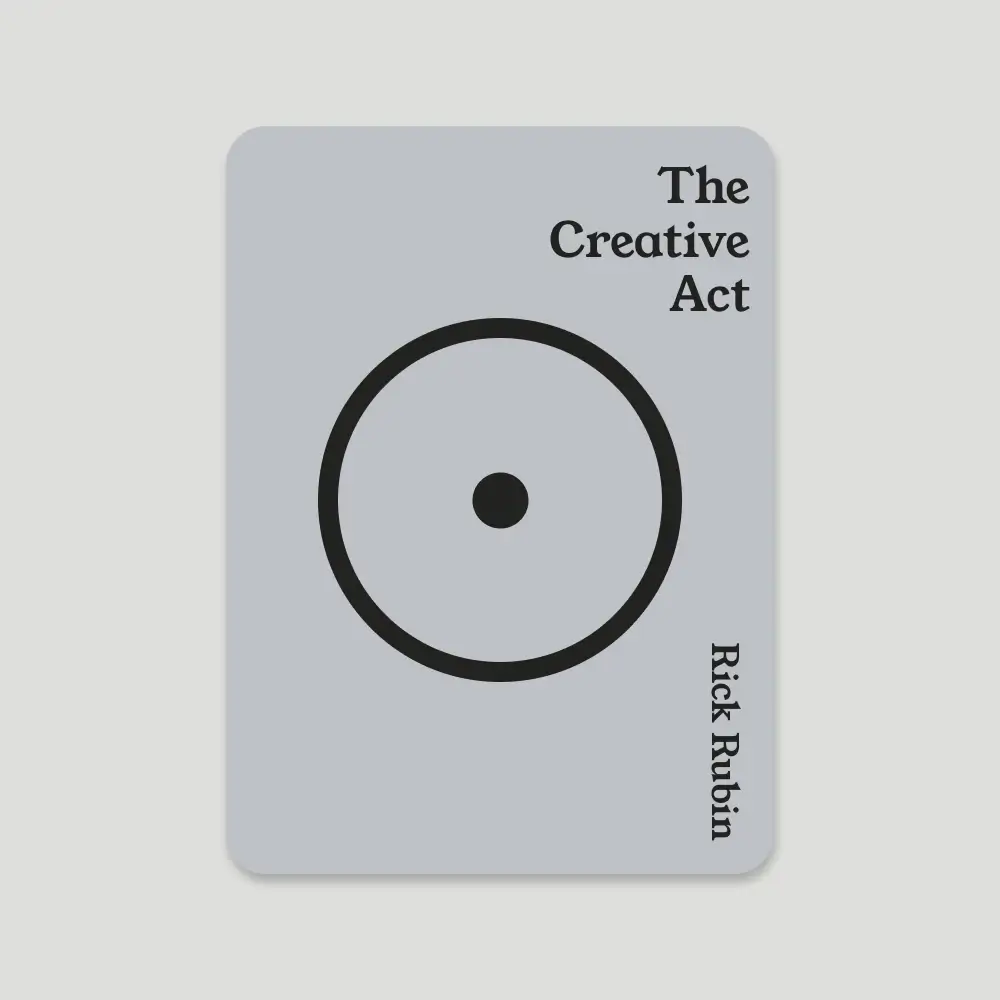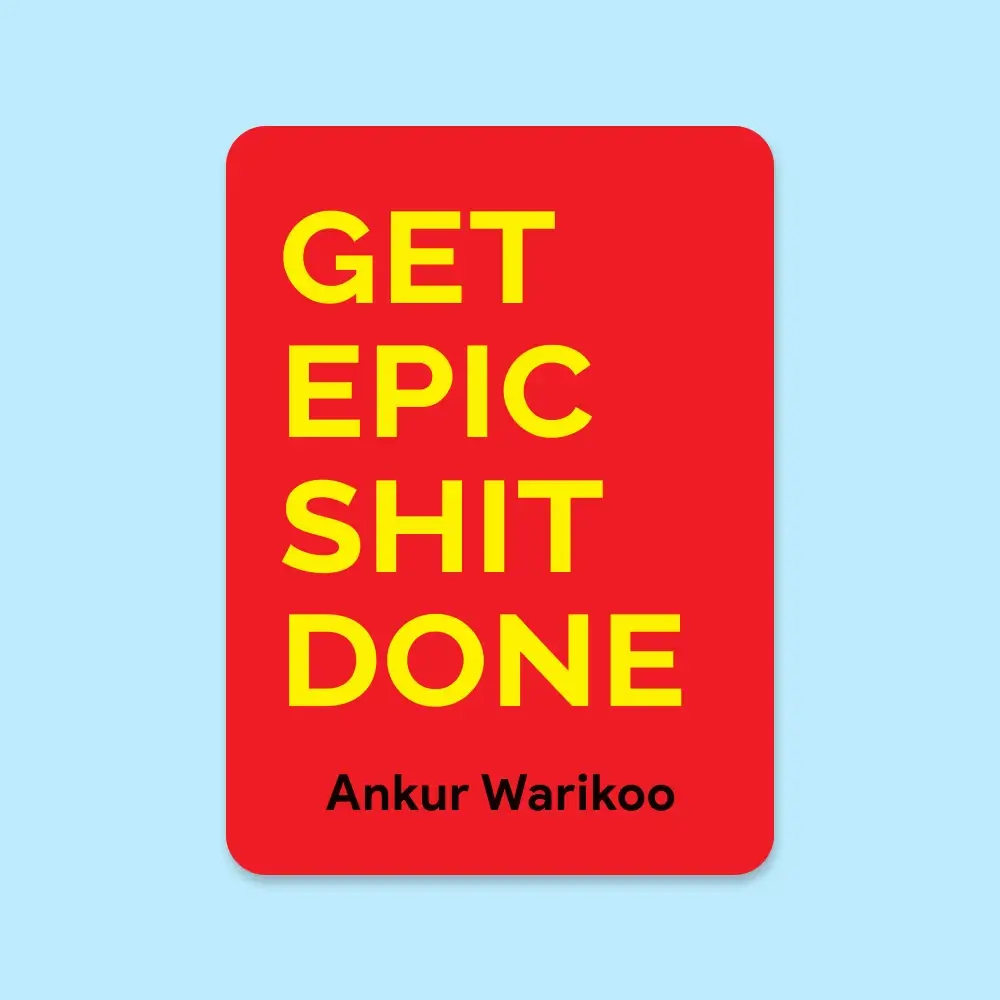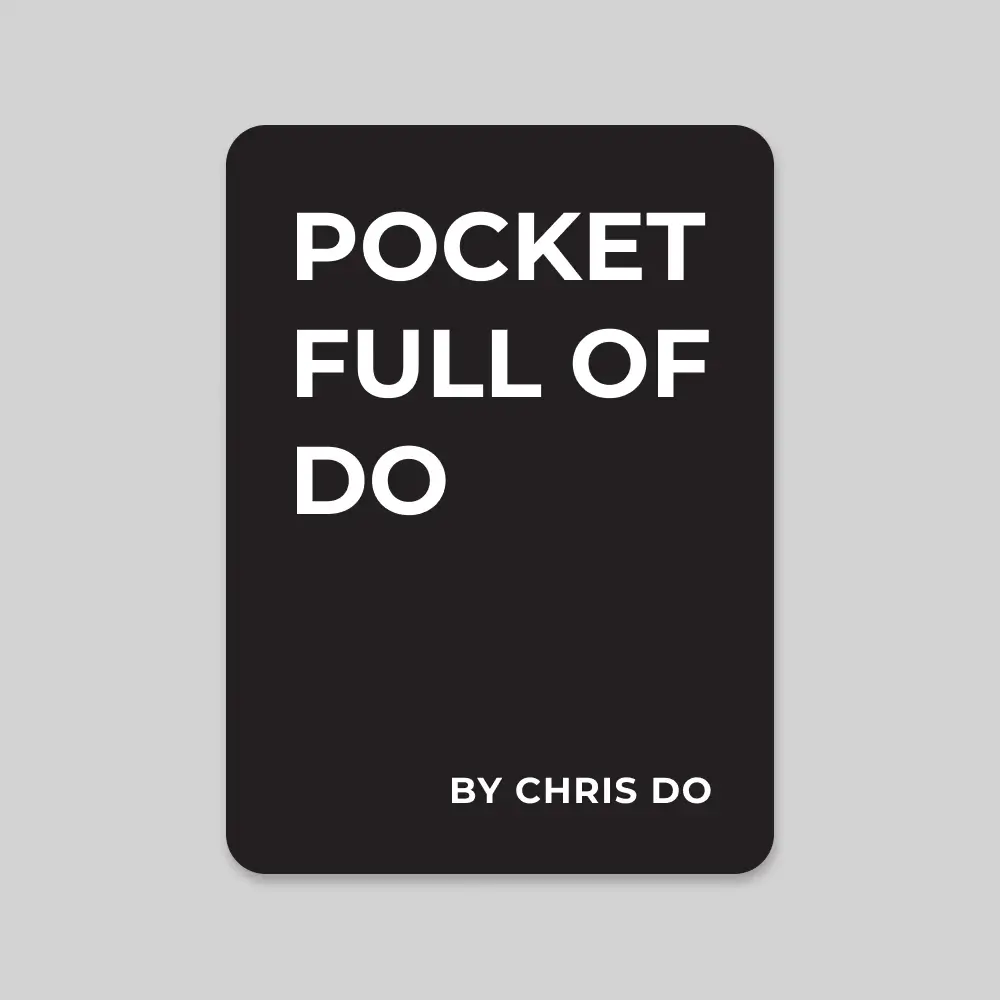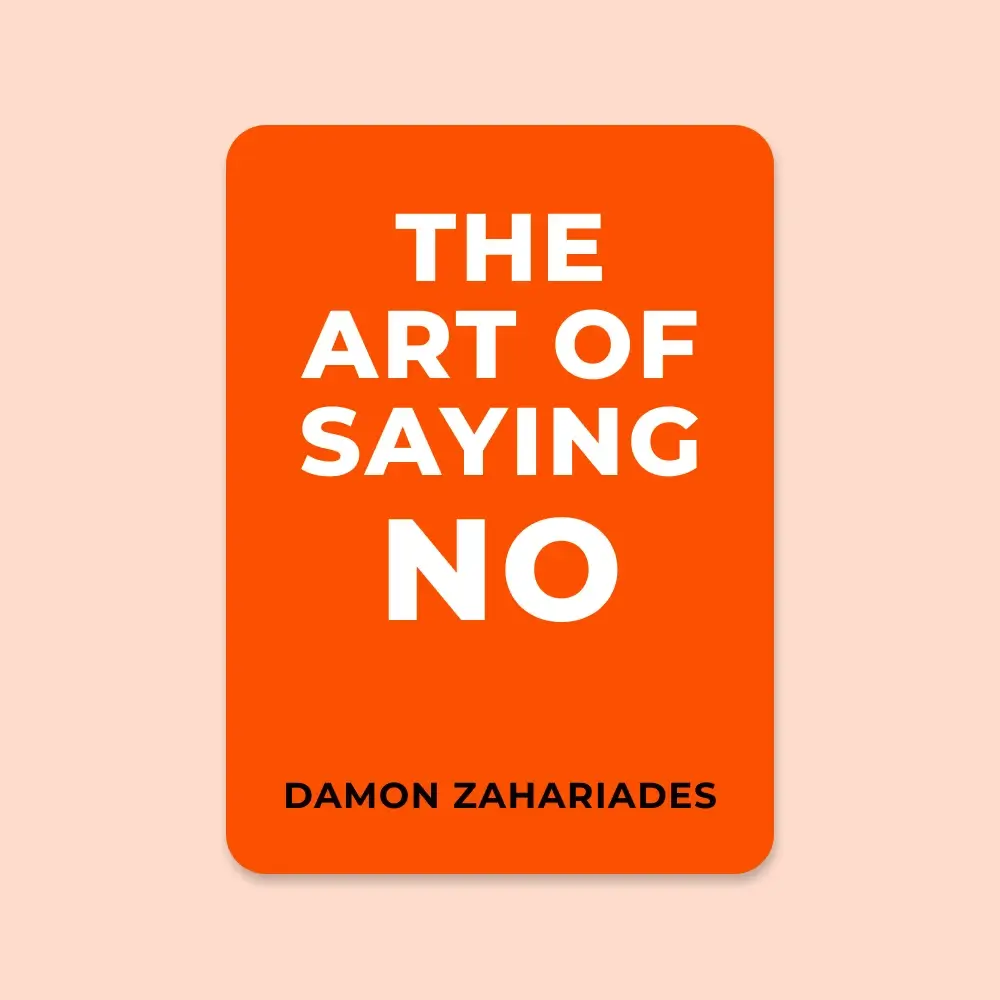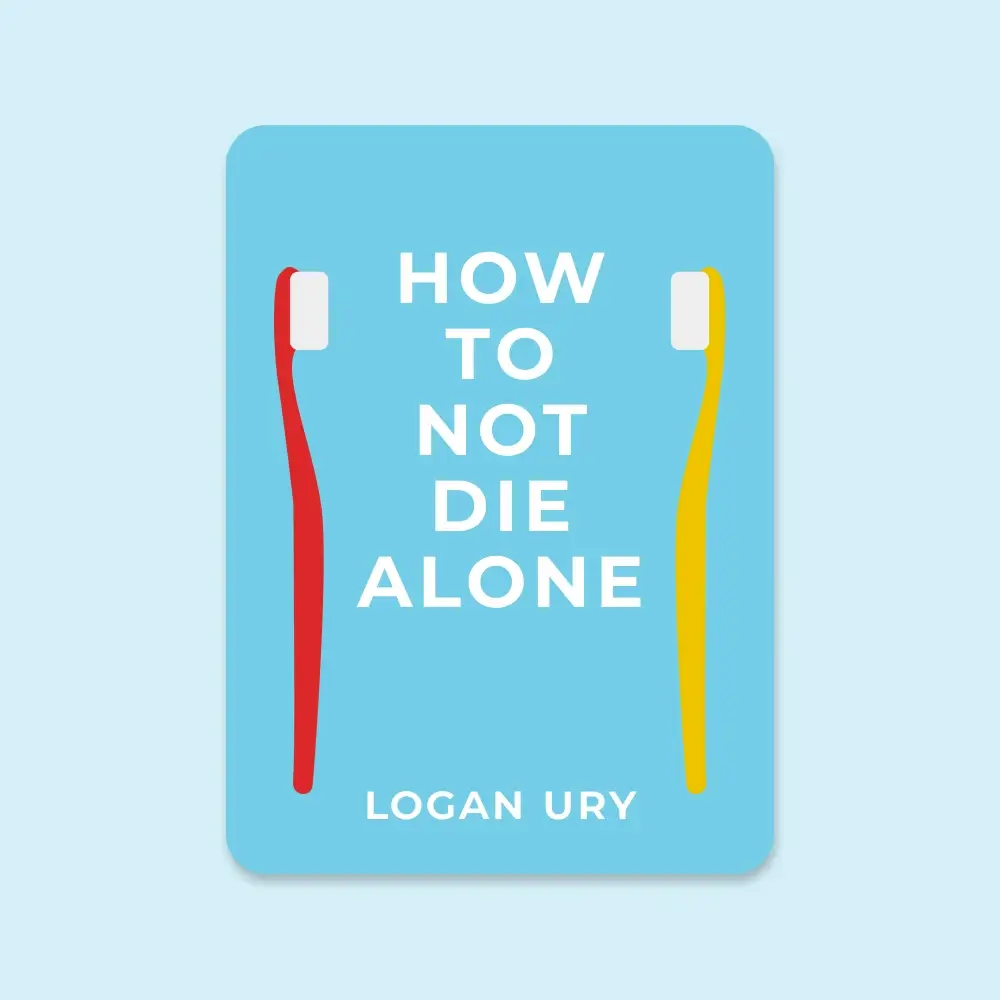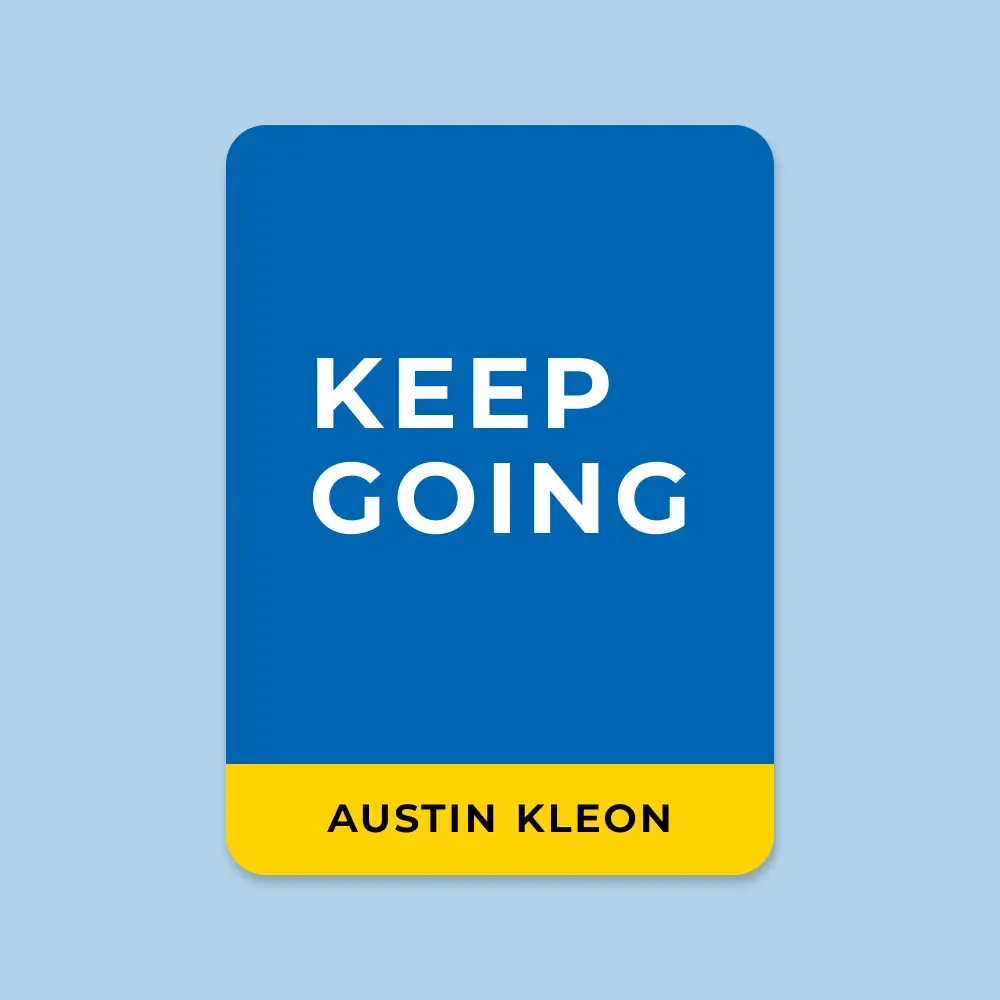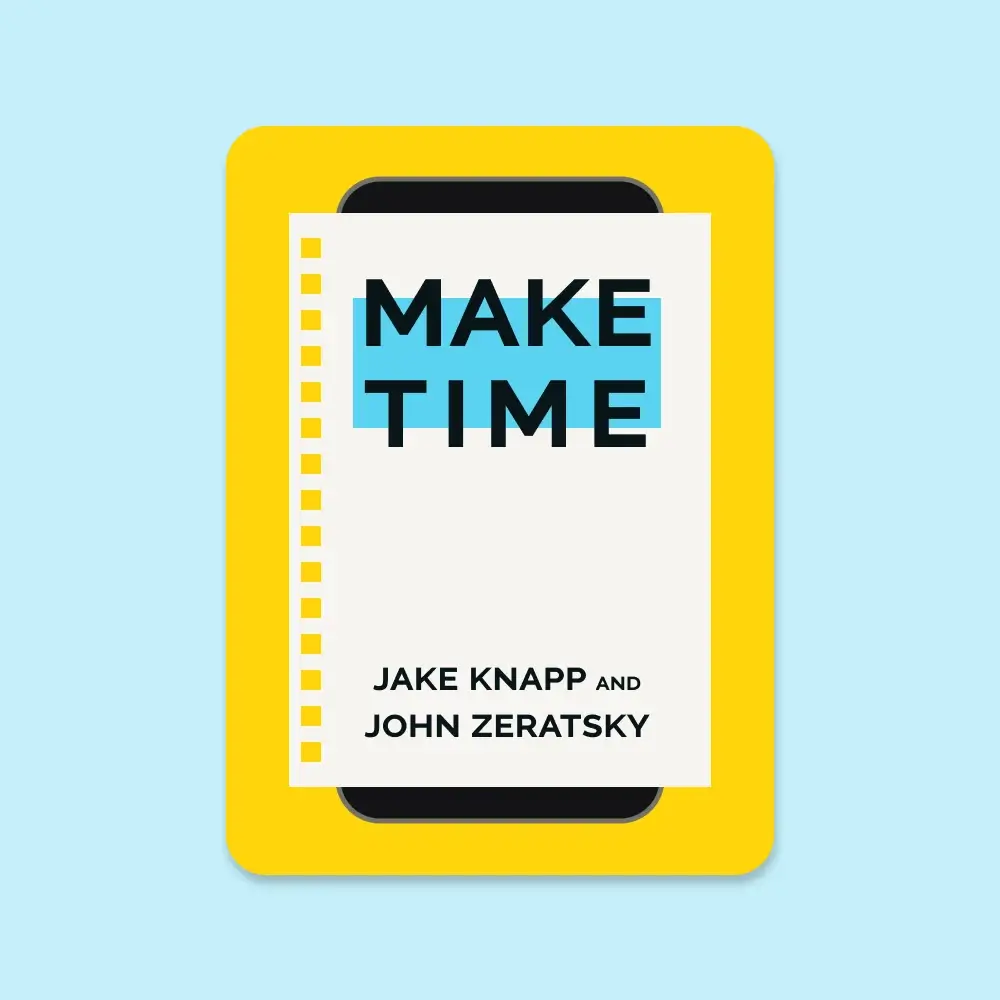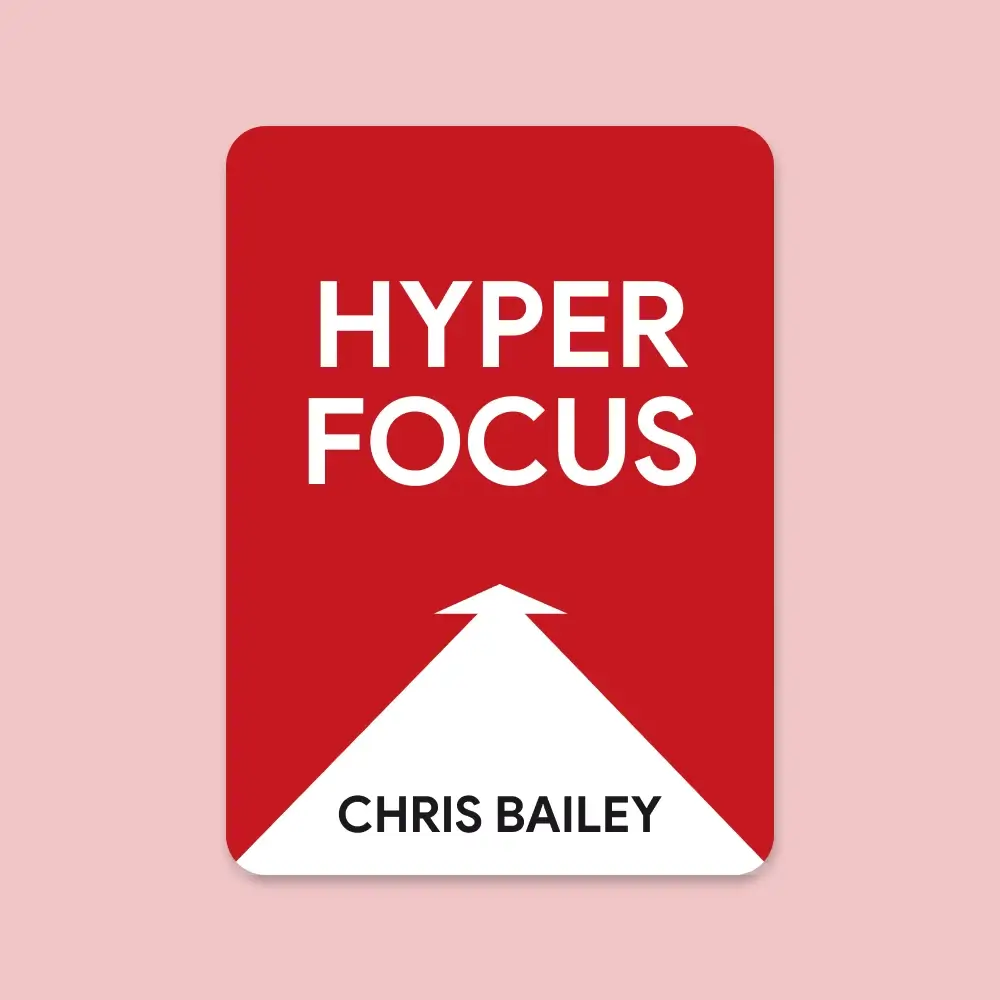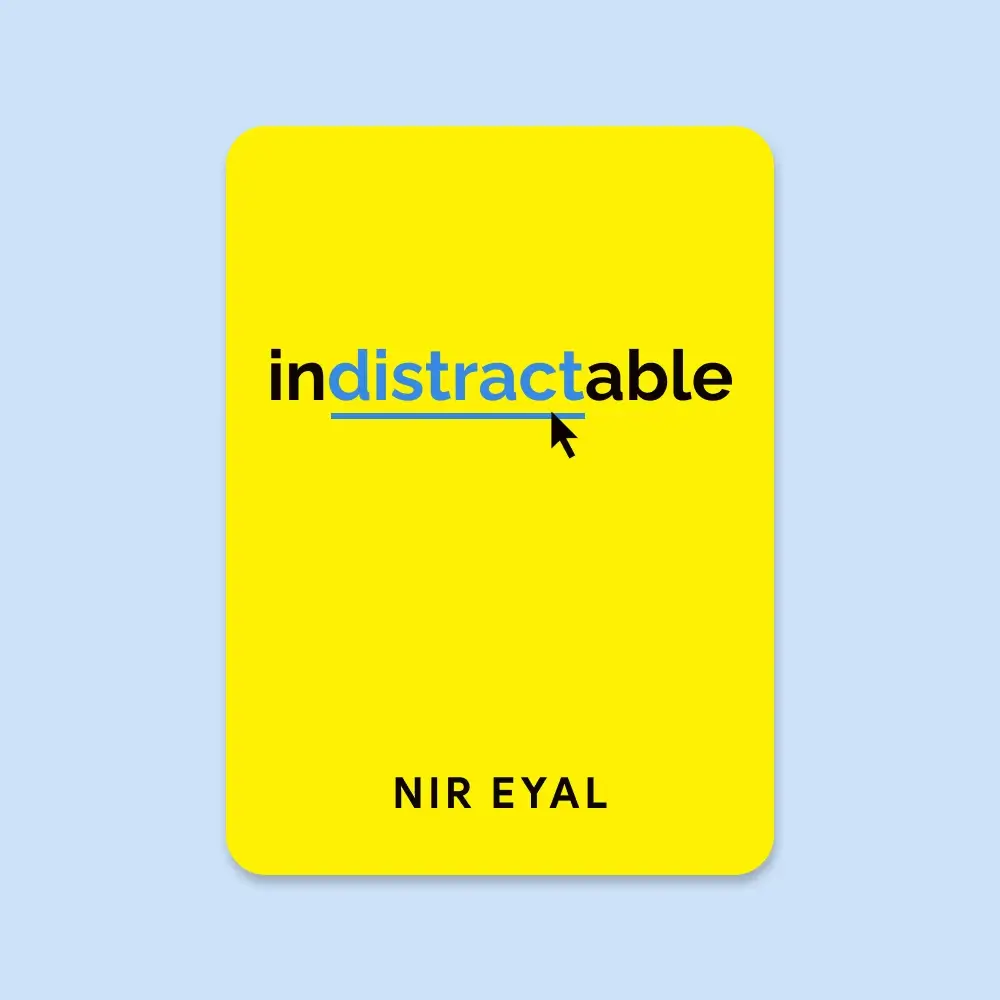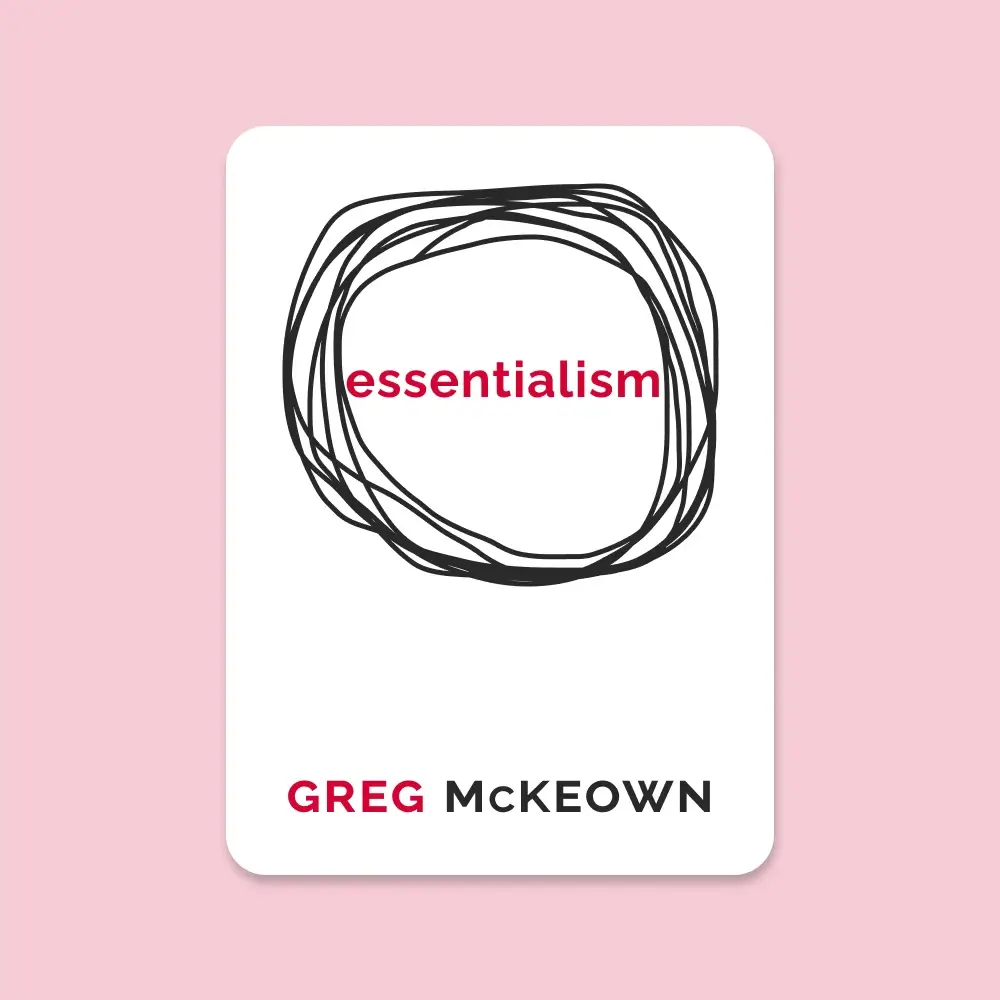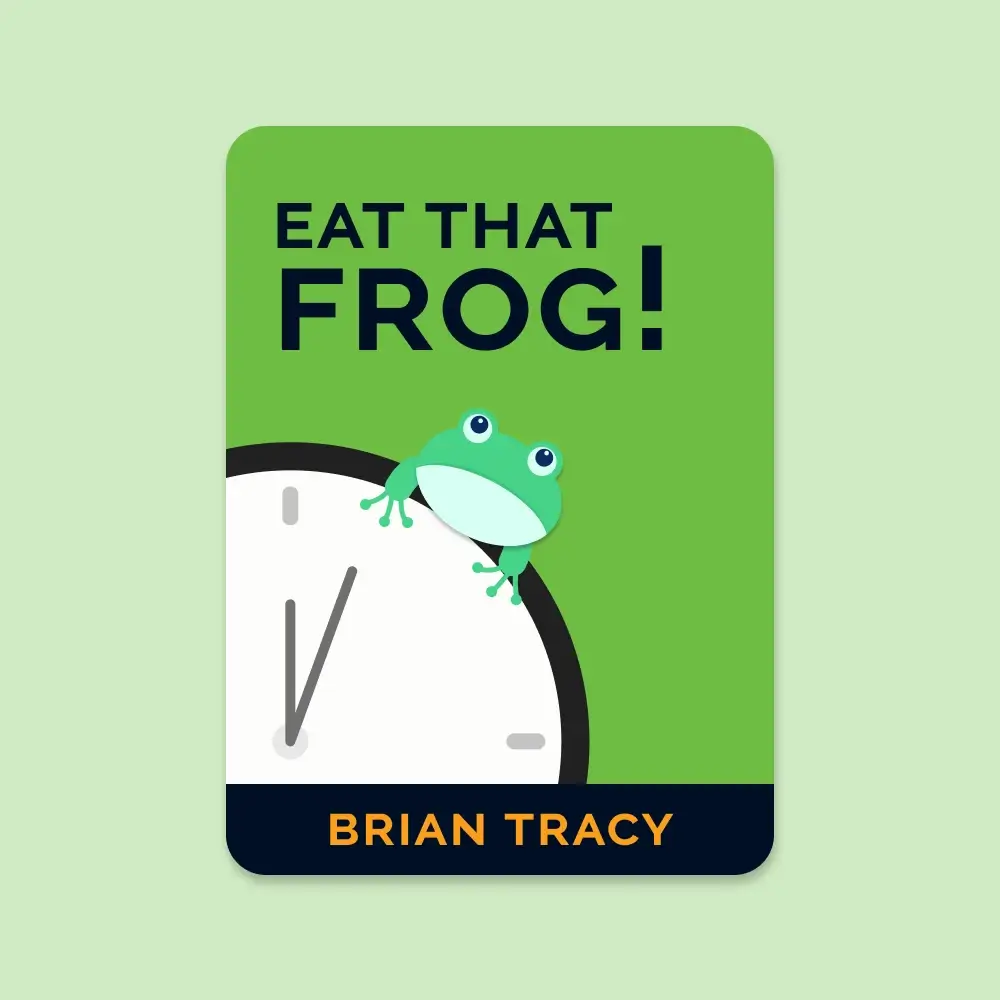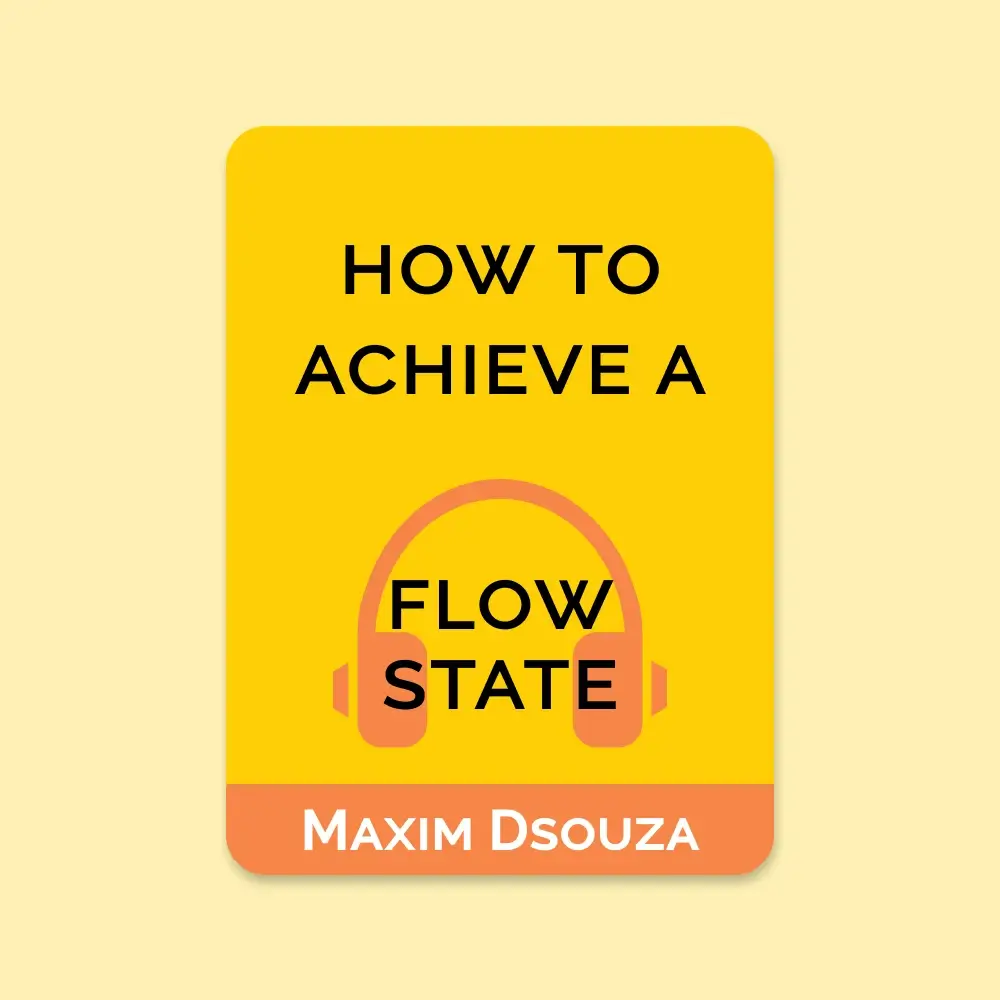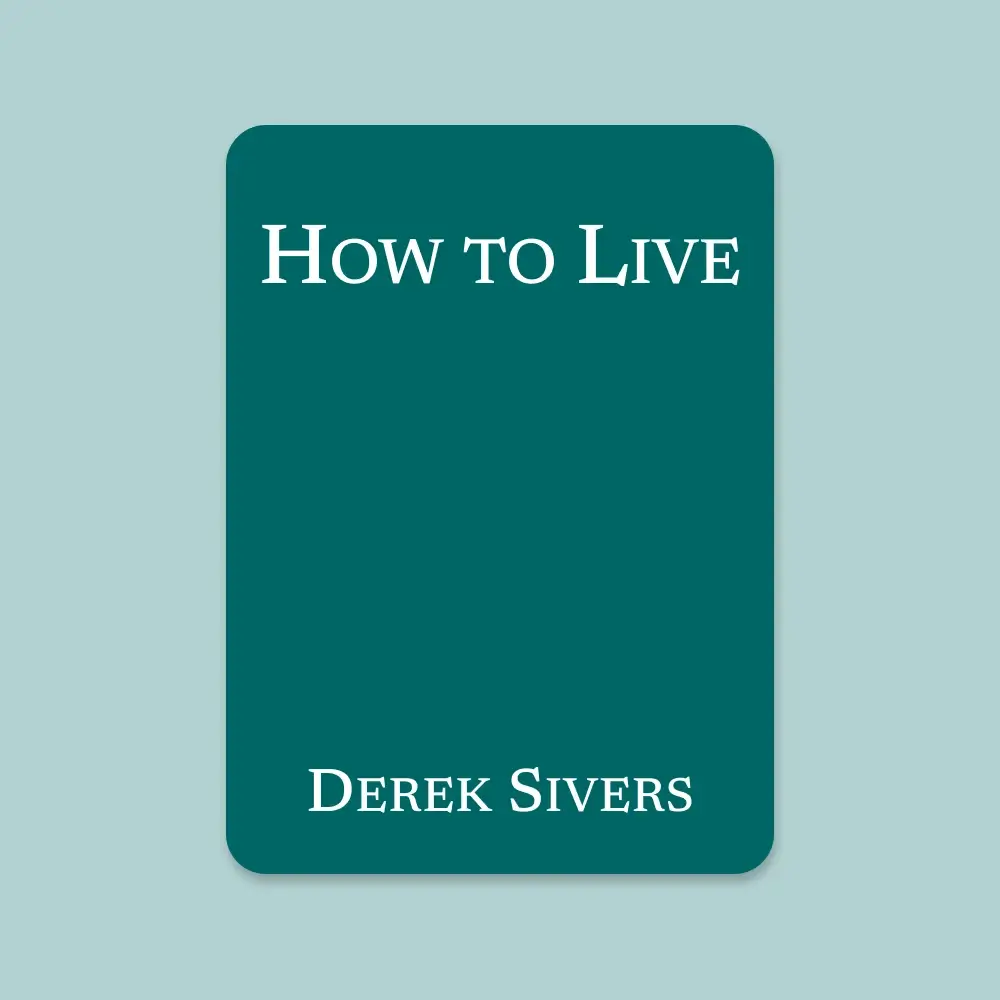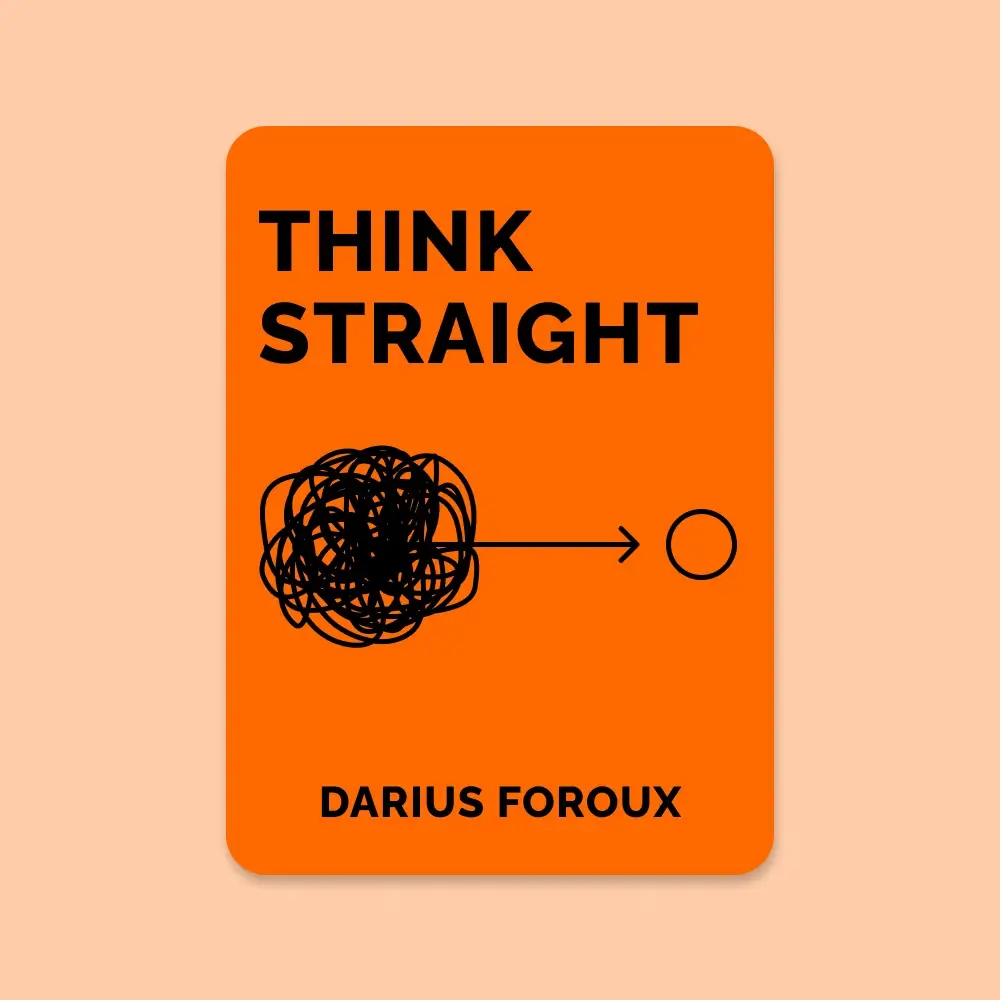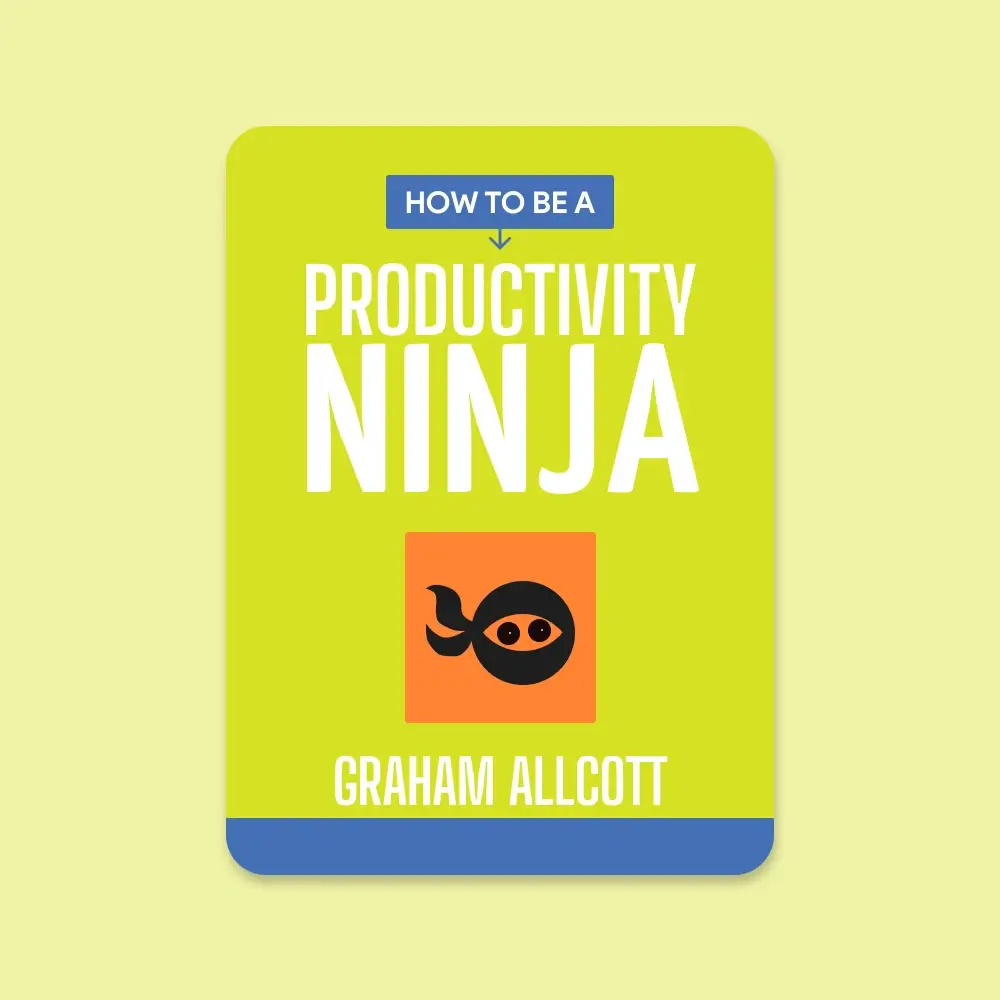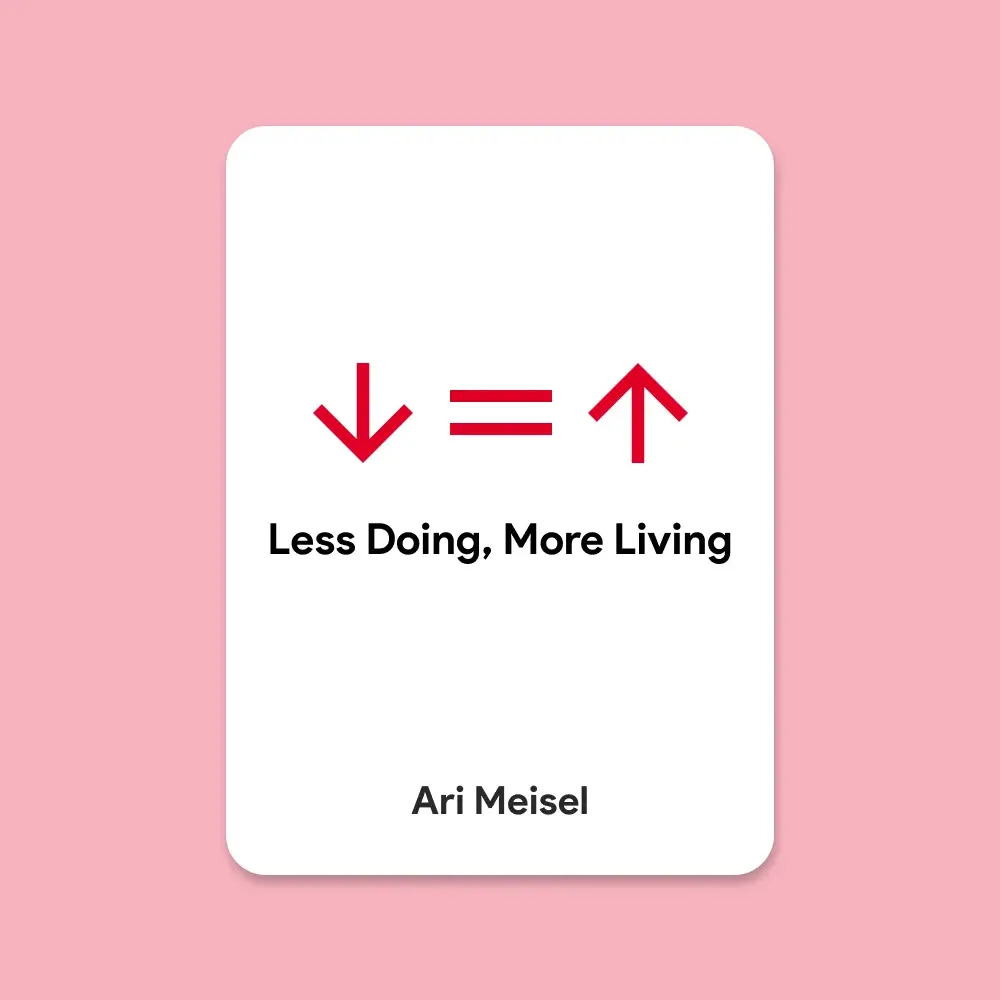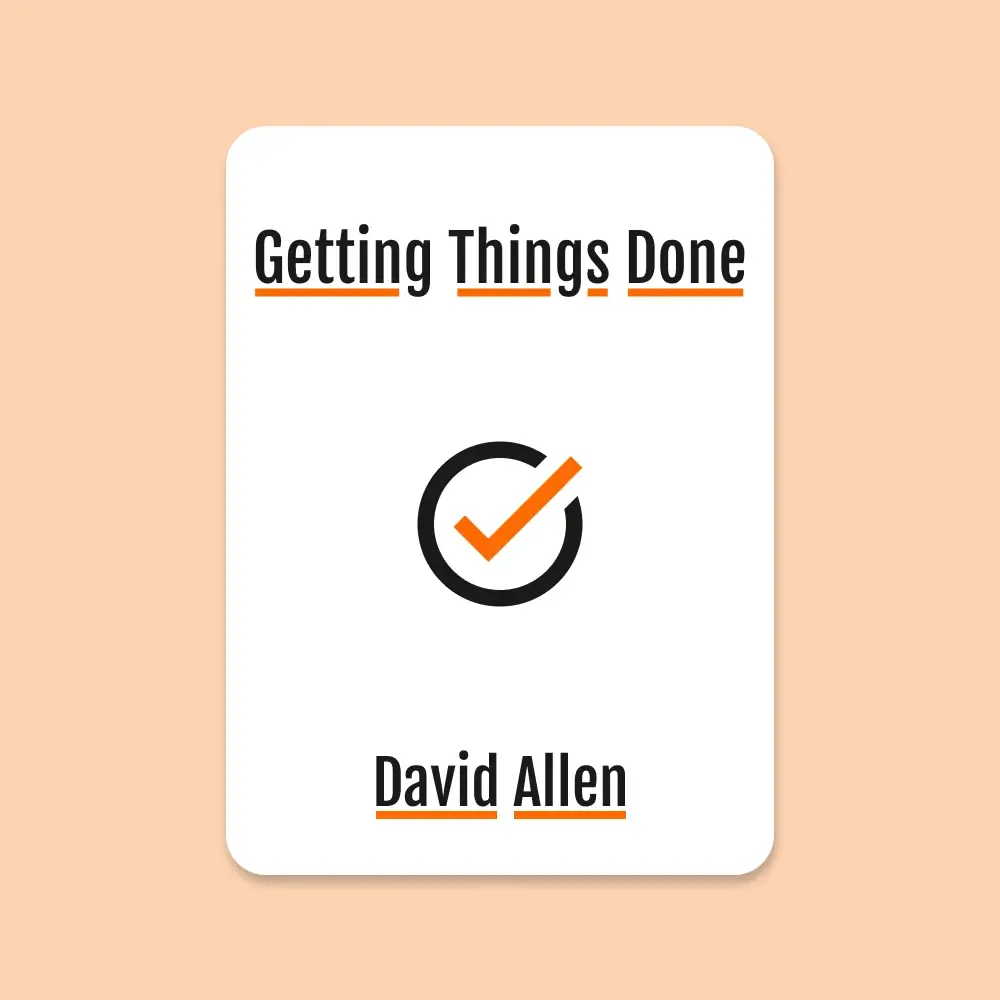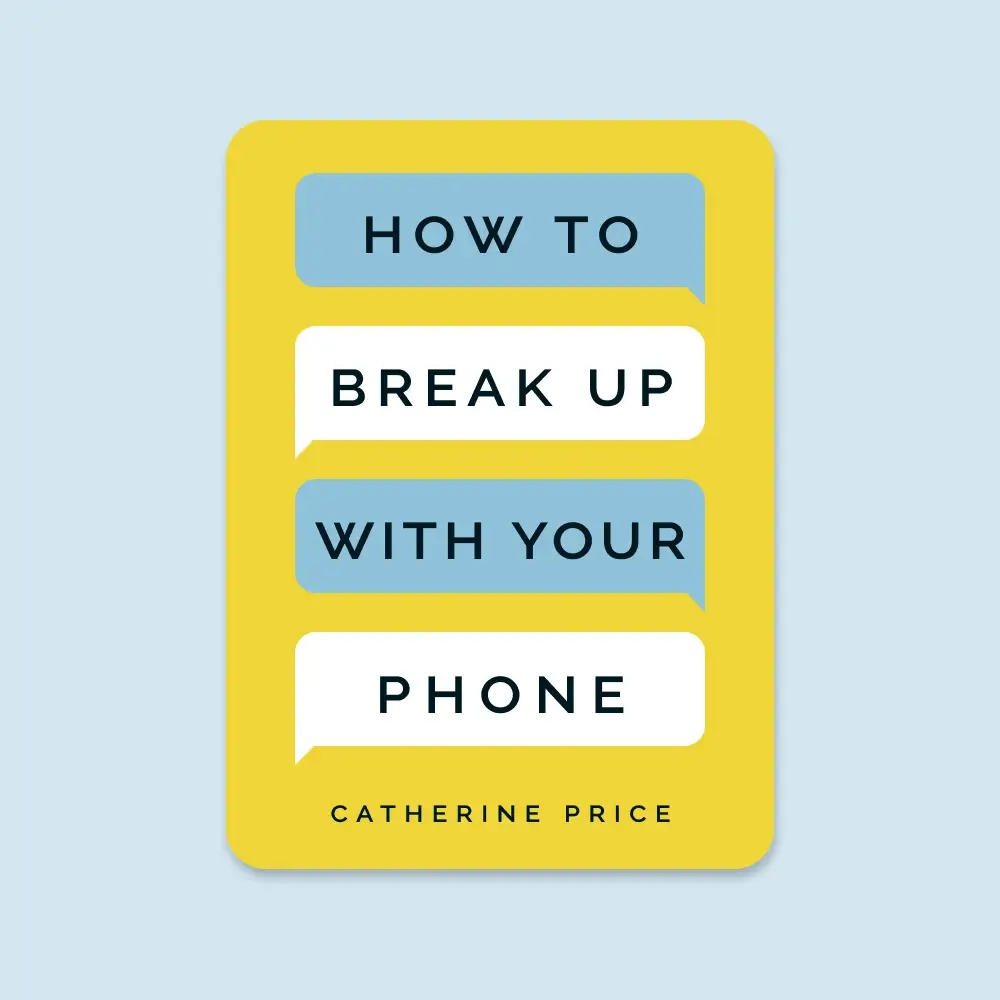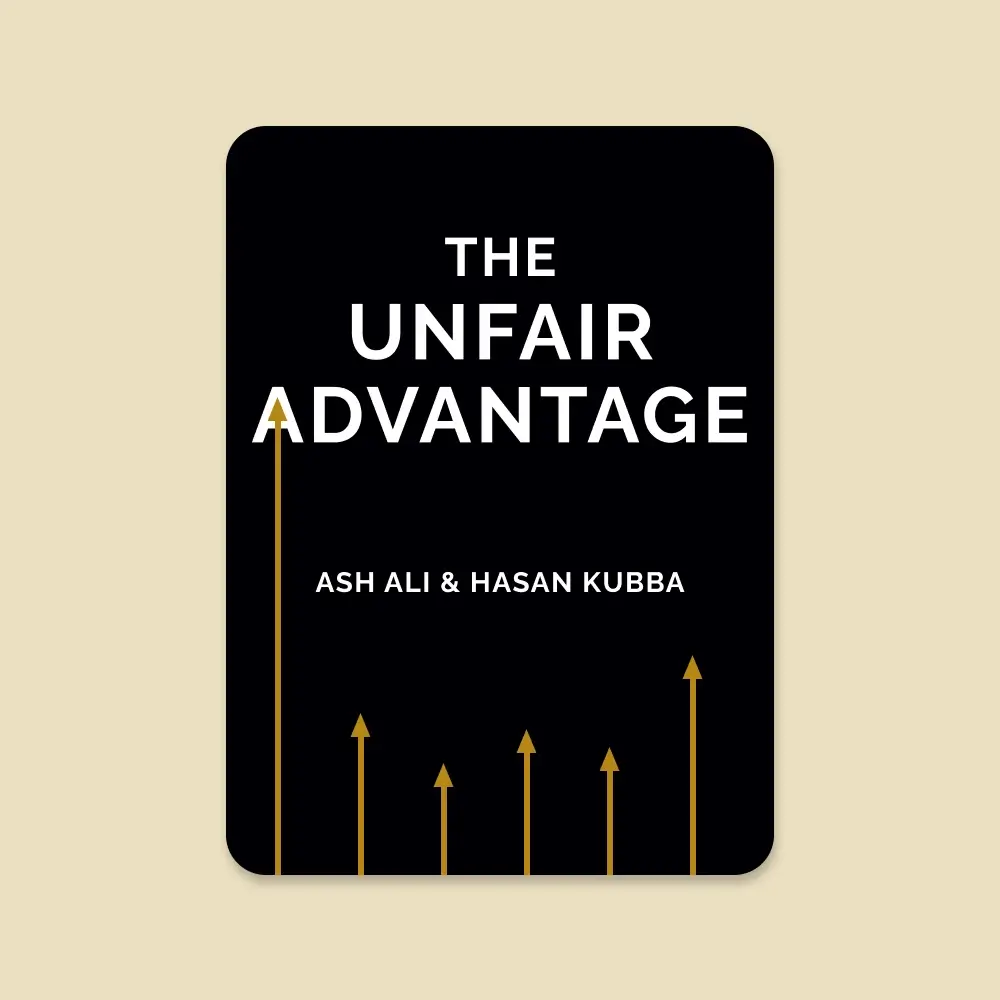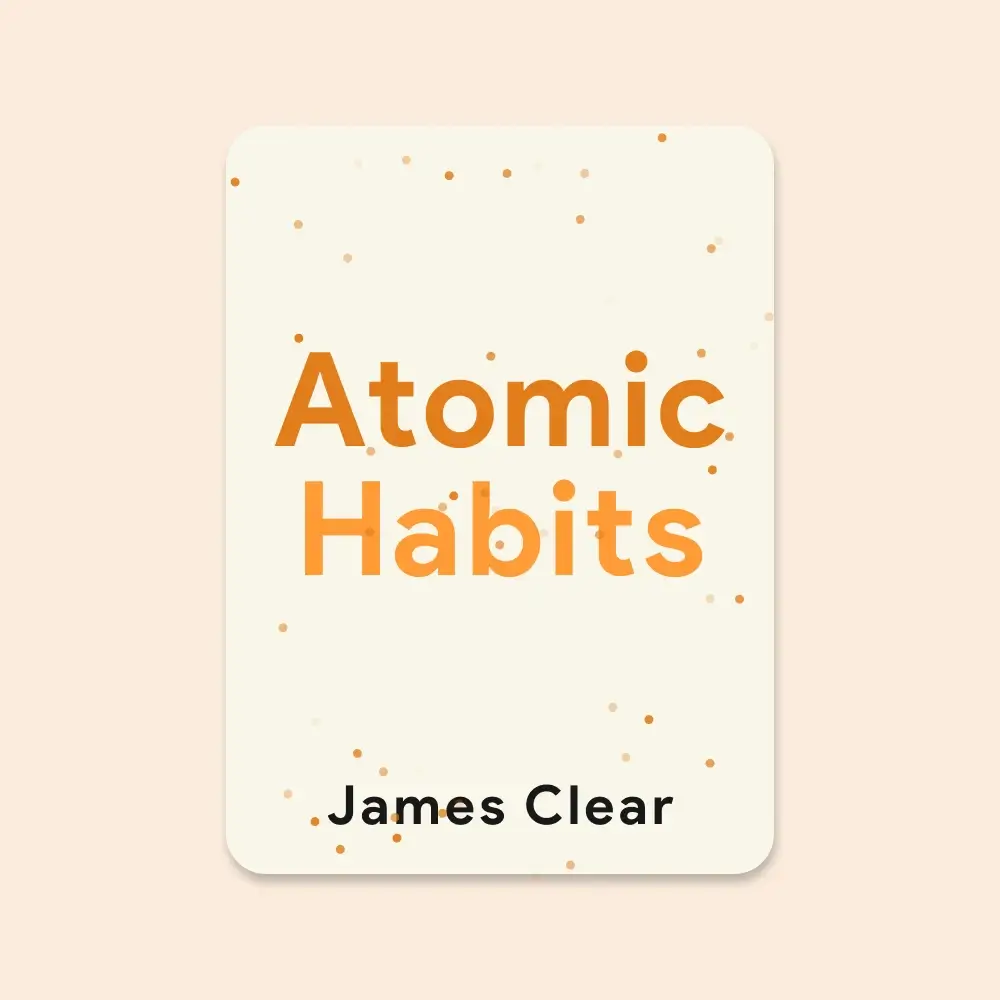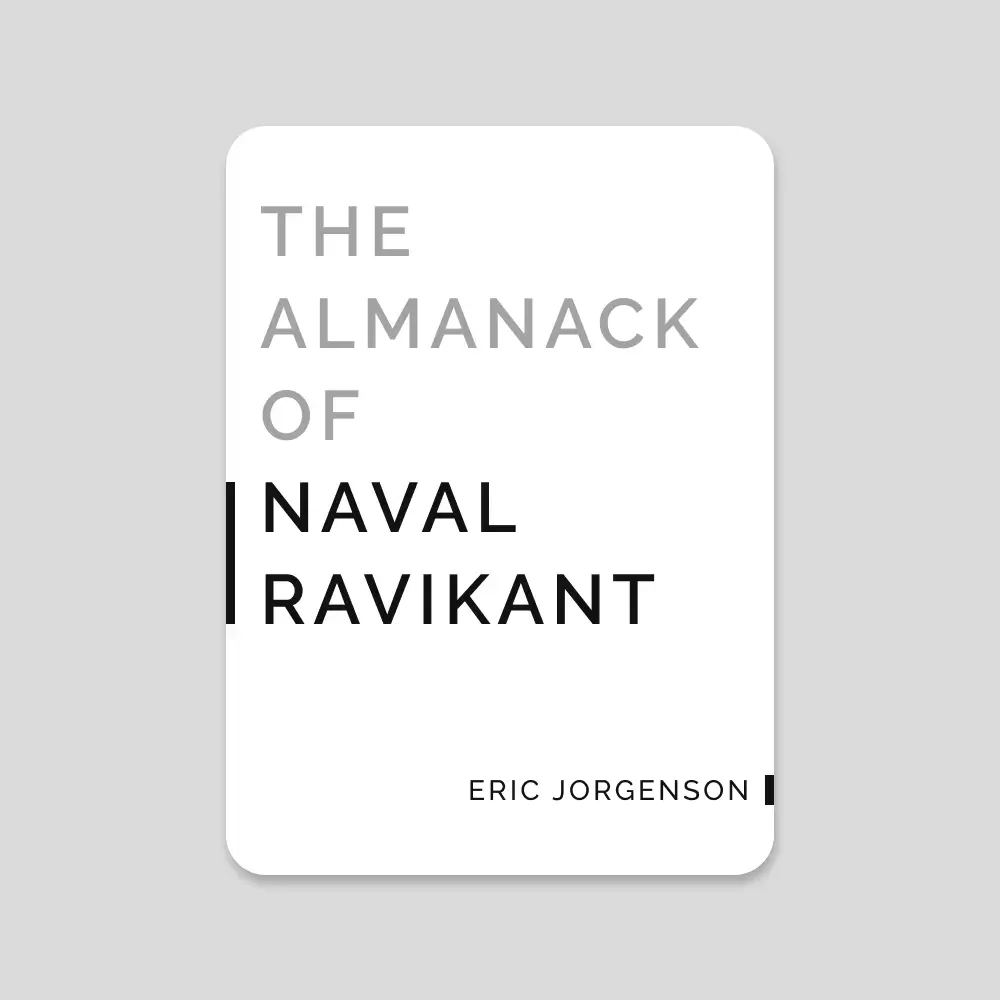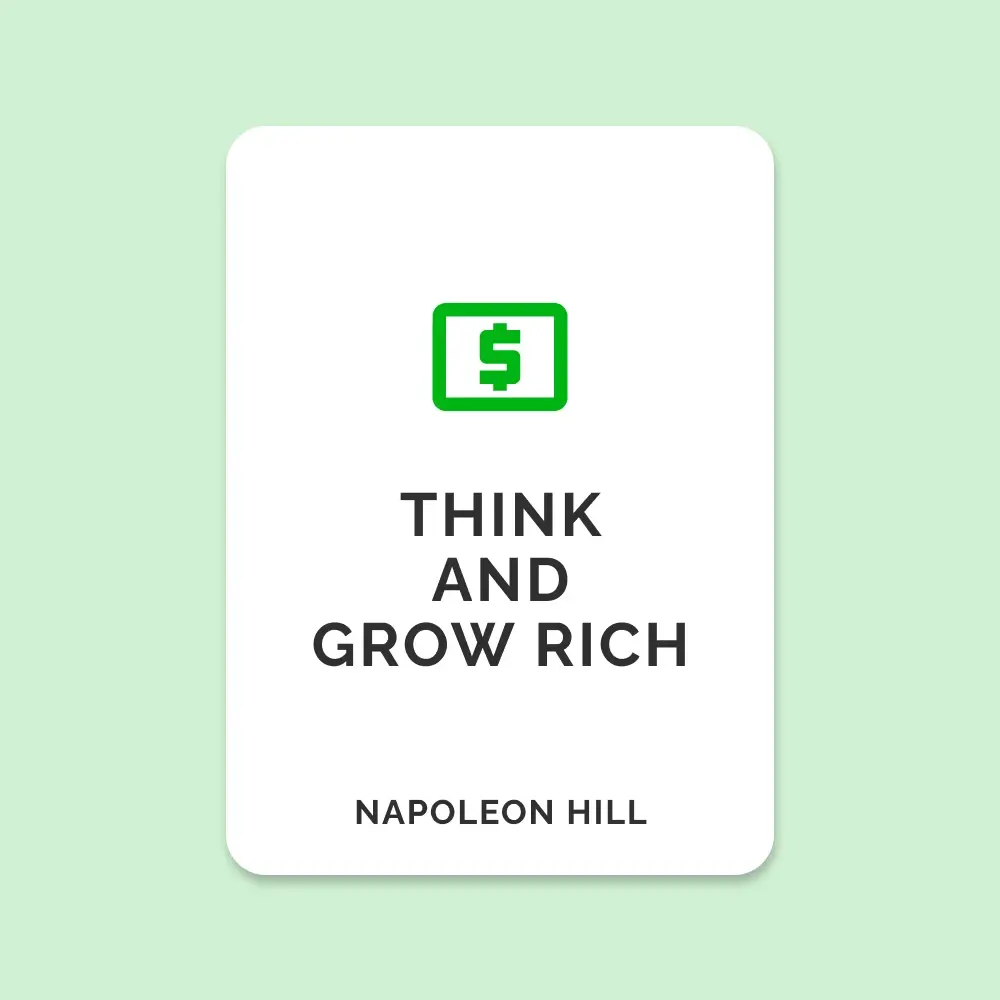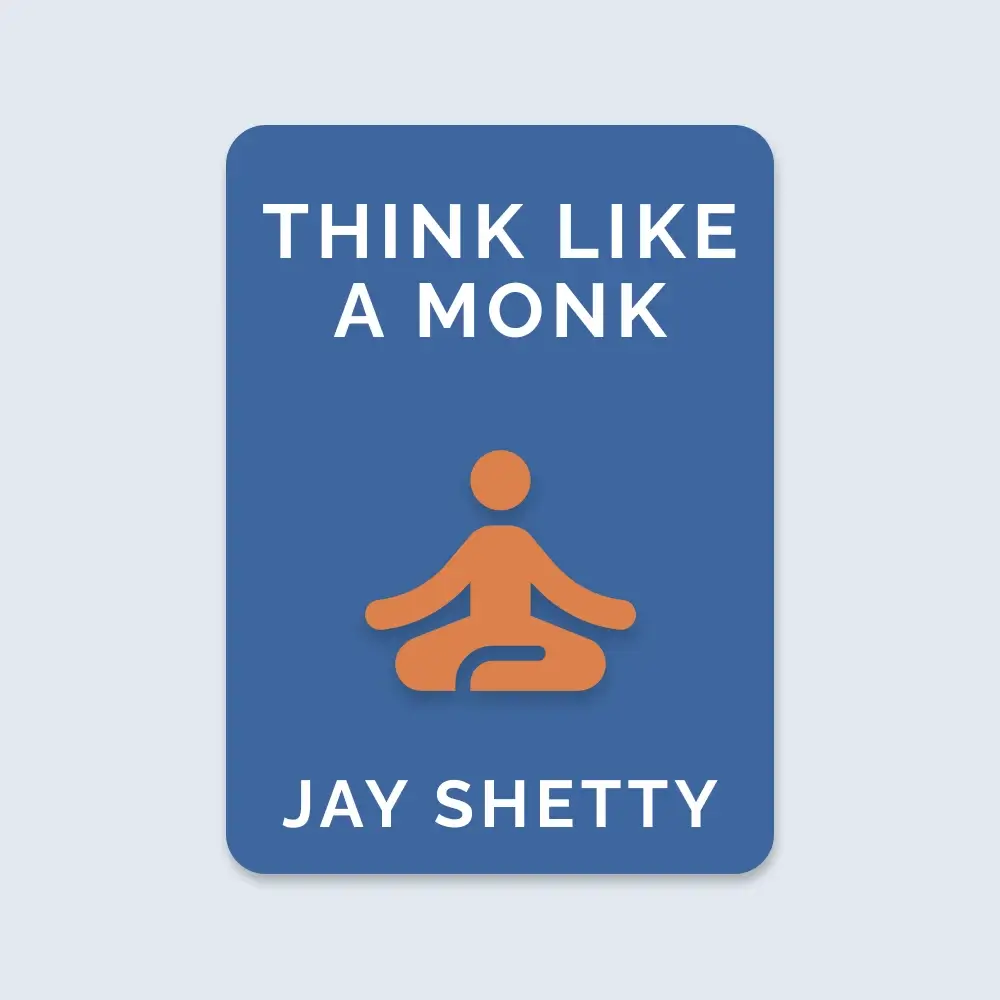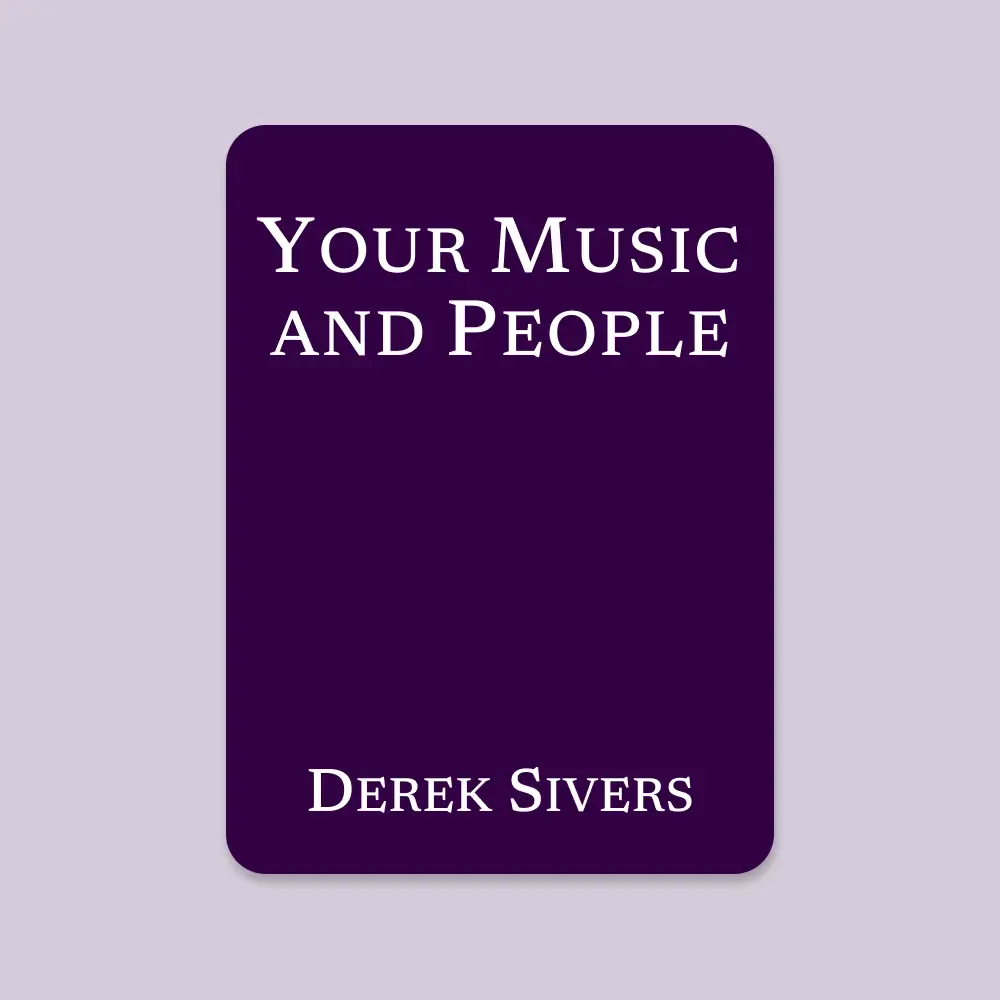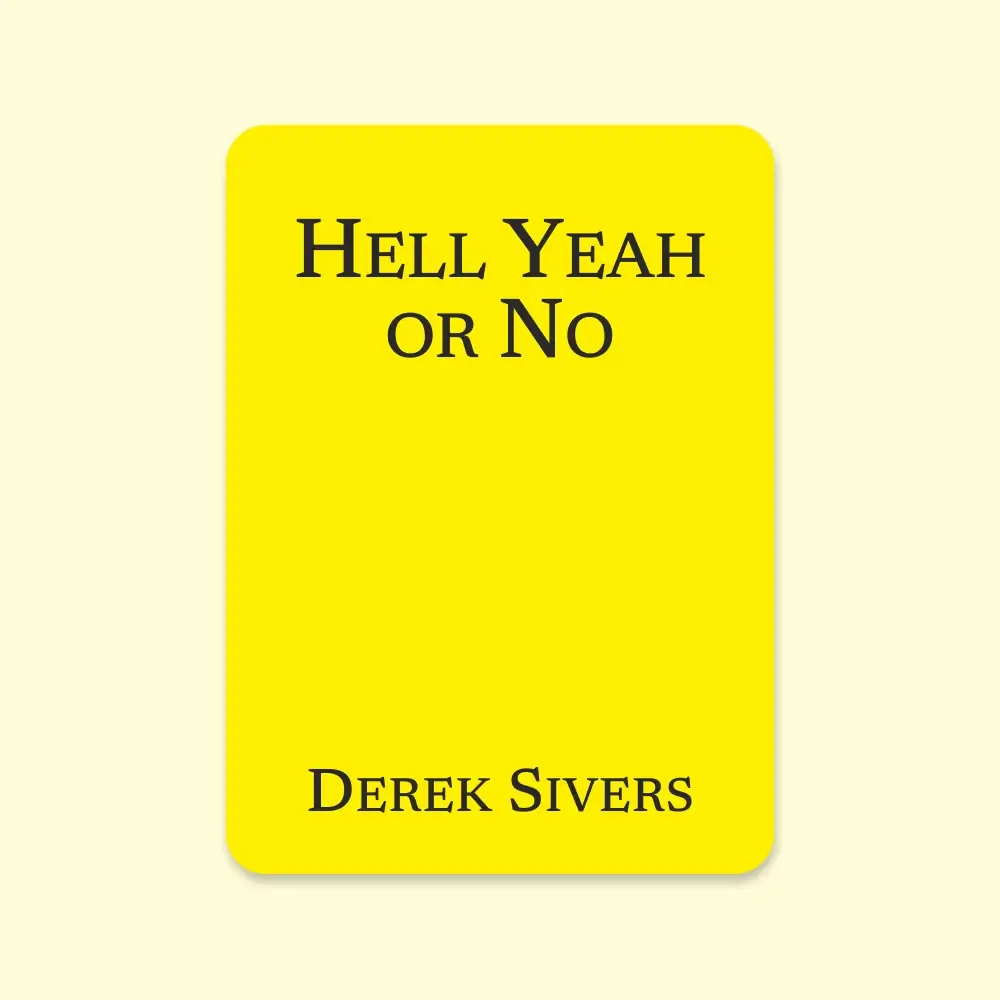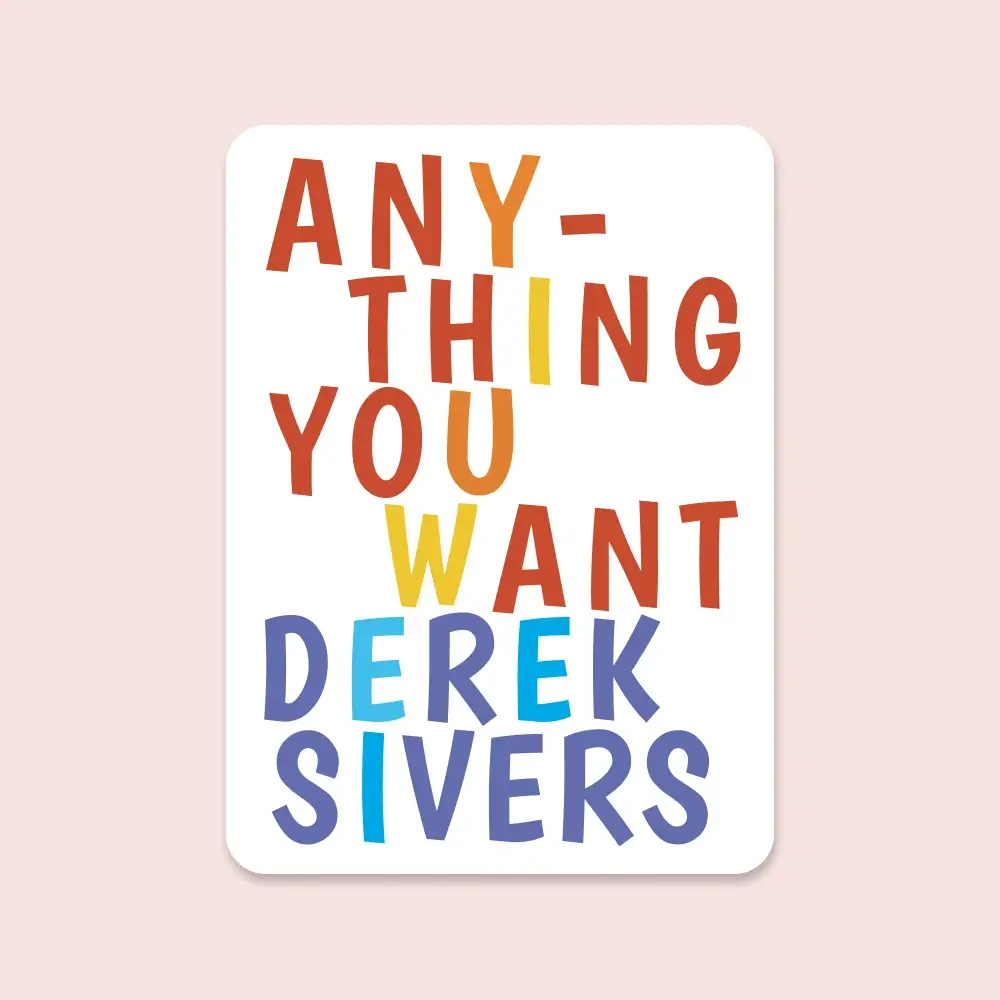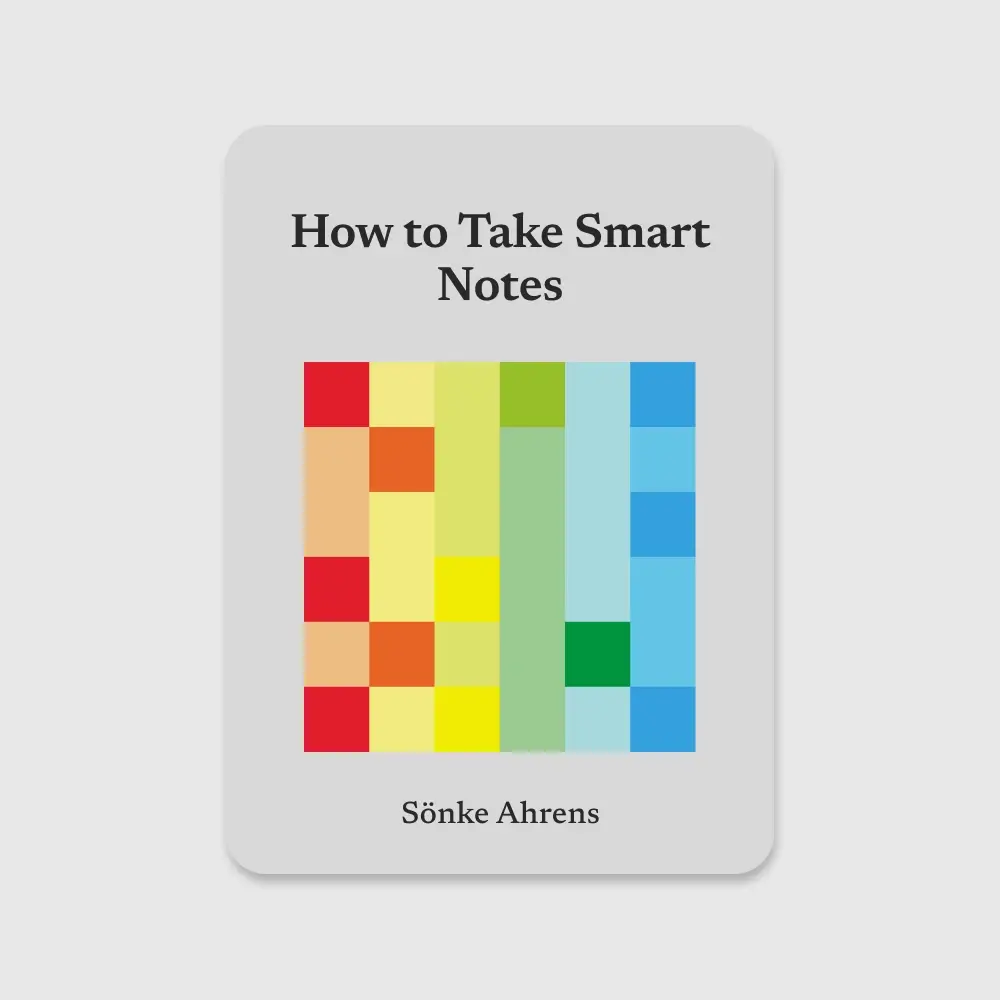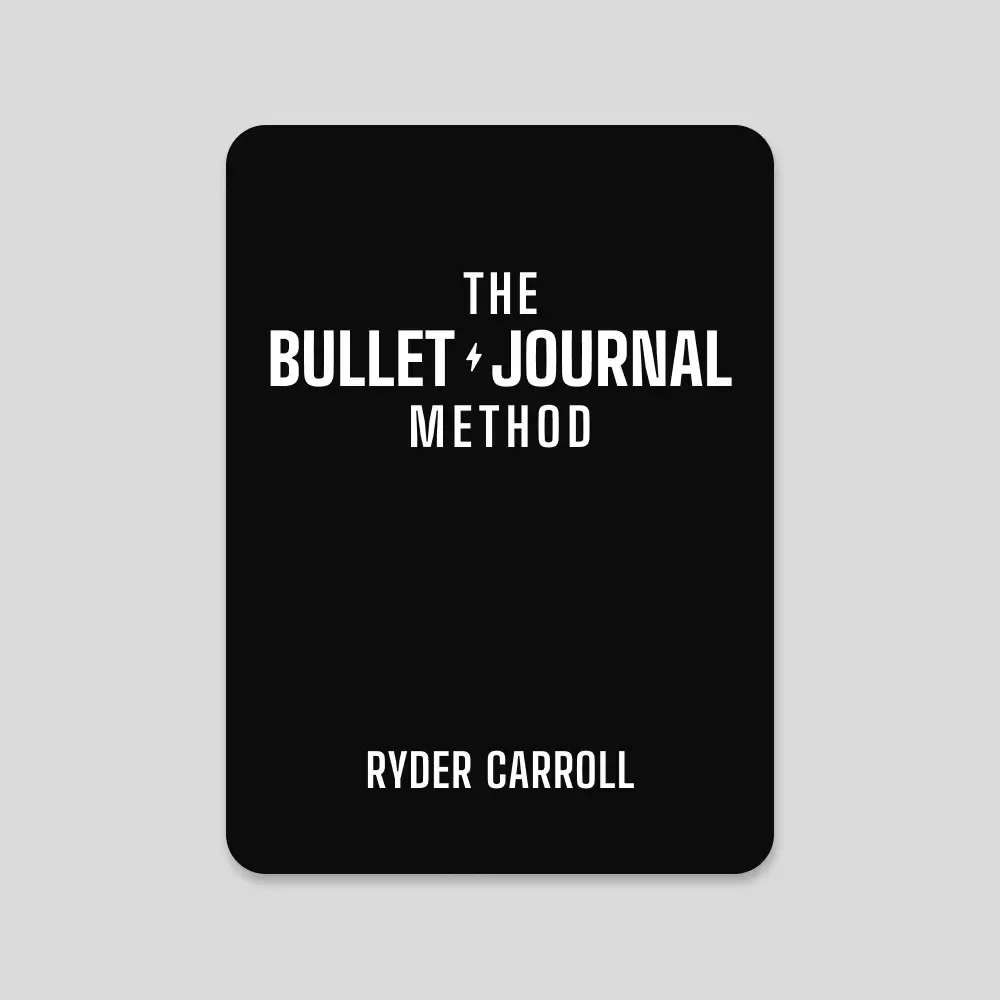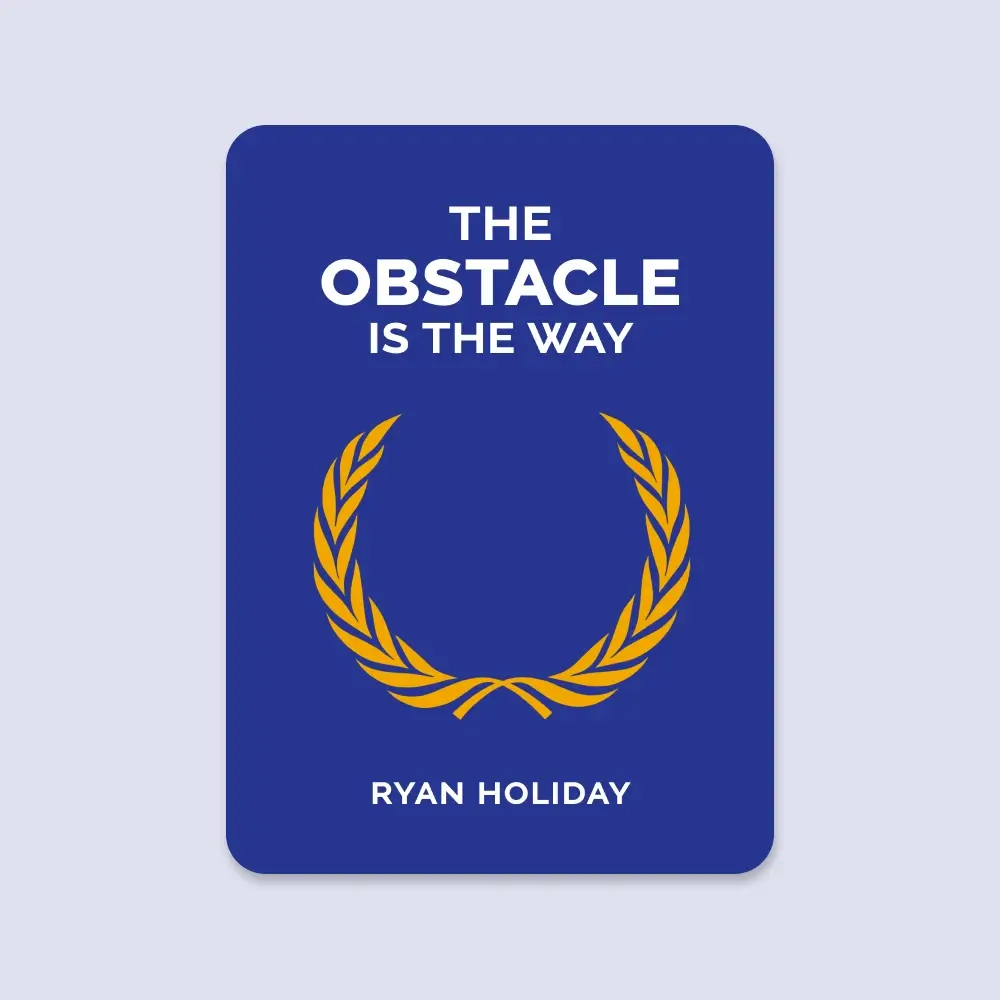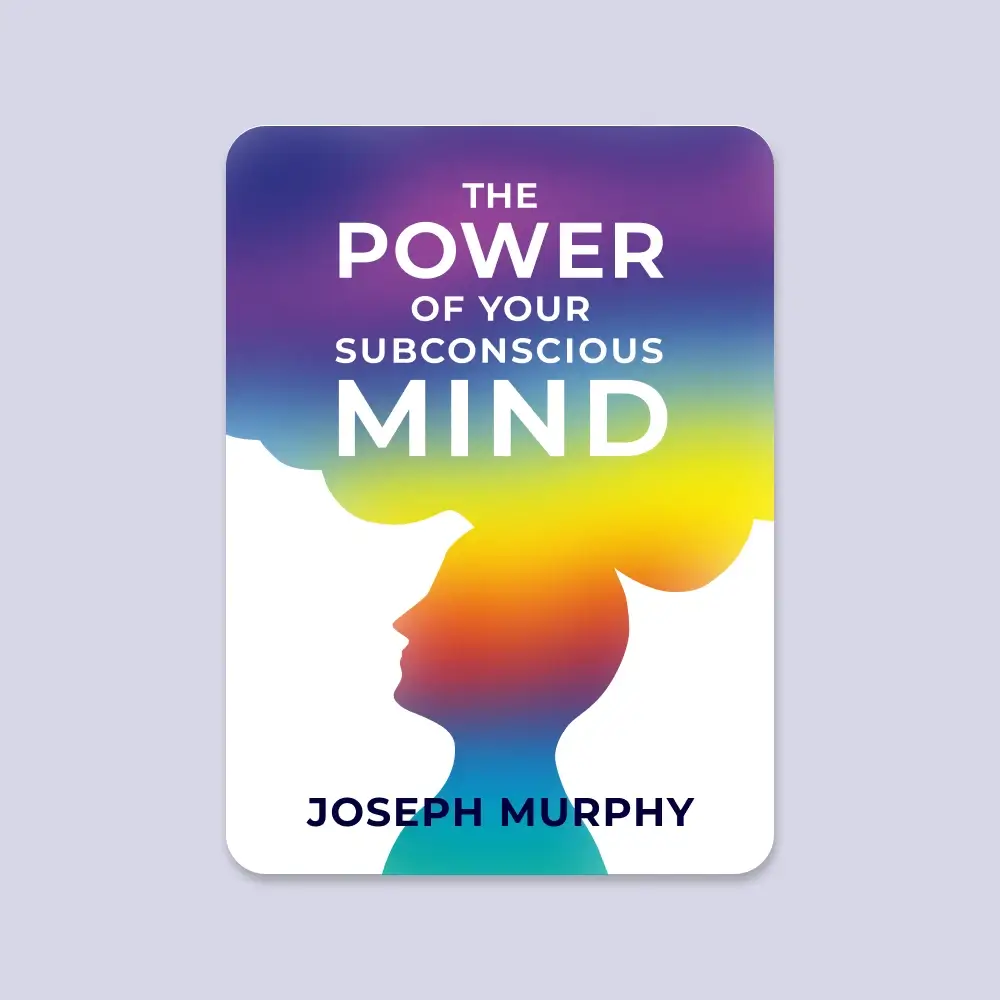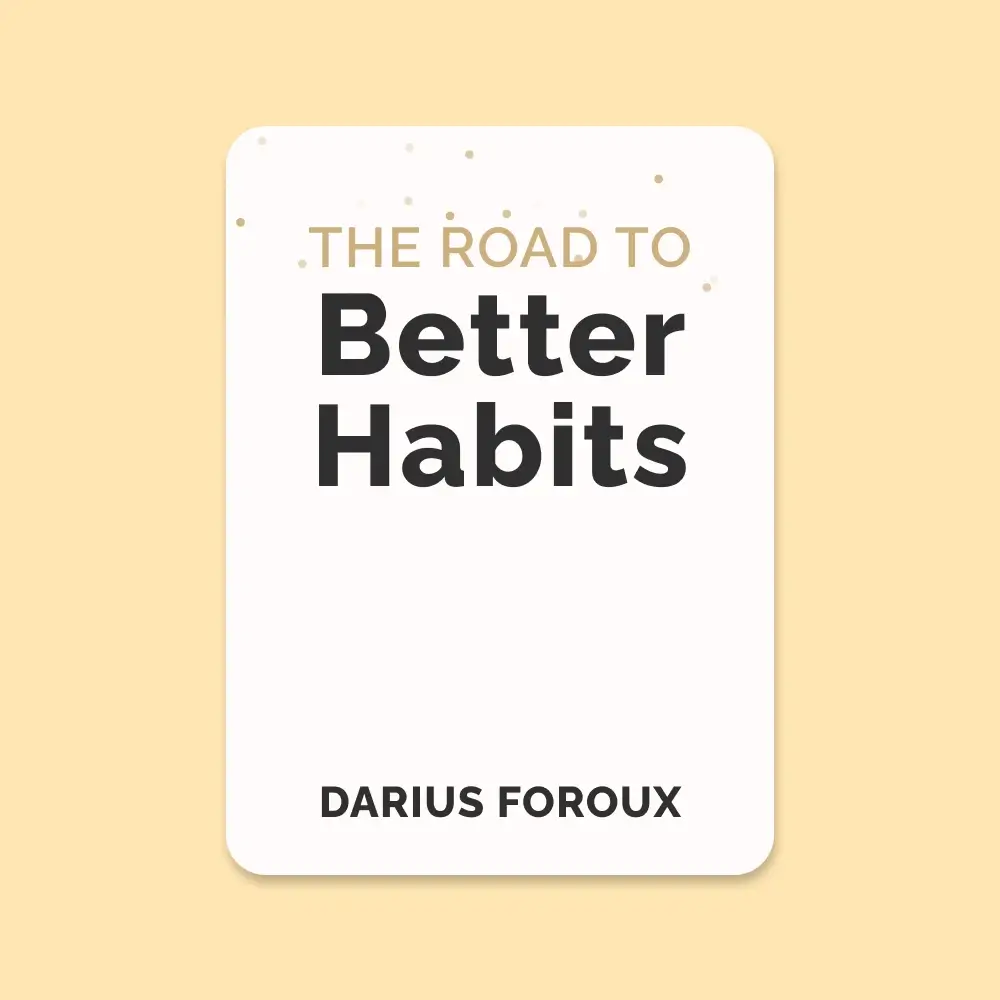
The Road to Better Habits
🛡️ Good habits are your defense - Habits protect you from distraction and drift. They ground you in who you want to be, not who the world pushes you to be.
🎯 Start with your “why” - Surface-level goals won’t stick. You need a deeper reason to change. Ask: “Will this habit truly improve my life?”
⚠️ One habit per area - Don’t overload. Focus on career, health, money, relationships, and learning—but build just one habit at a time per domain.
🏗️ Think small, build strong - Big dreams need a solid base. Lay your foundation with tiny, repeatable actions. Excellence is a habit, not a hack.
📅 Step 1: Pick your ideal habits - Tie your habits to your long-term vision. Then work daily on just 3-4 meaningful tasks aligned with that vision.
🧩 Step 2: One habit at a time - State when, where, and how. Clear intentions beat vague ambition. Multi-tasking habits kills consistency.
📉 Step 3: Set the bar very low - Make the habit effortless to begin. Lower resistance, beat procrastination, and build momentum fast.
🧹 Step 4: Cut your bad habits - Say no to the many, yes to the vital. Declutter your mental and physical environment.
🔁 What to do when you slip - Don’t beat yourself up. Reset. Start small again. Habits aren’t about perfection—they’re about persistence.
📚 Learning is a forever habit - Stay curious. Invest in knowledge. Books, courses, conversations—never stop growing.
-
Good habits serve as a shield against the forces that are trying to pull you in a direction you don’t want.
-
“We are what we repeatedly do. Excellence, then, is not an act, but a habit.”
-
“Will habit X improve the quality of my life?” The reason you want to ask yourself that question is that we all need a reason to change. Without that reason, you and I both know we will never actually form a habit. We give up as soon as we experience a setback. It’s important to realize that only you can decide what a good habit is. We need something bigger than superficial reasons. “I want to read one book a week,” you might say. Why? So you can do what? What’s your vision? What are your goals?
-
In general, when you do too many things at the same time, you end up in chaos. And you end up right back where you started. Sounds familiar? One of the reasons we try to do so many things at the same time is that we overestimate ourselves. We think we can achieve a lot in a short period. That’s false.
-
To me, the areas in our lives are career, health, learning, money, and relationships. When you want to transform your life, focus on all areas at the same time, but pick one habit per area.
-
“Everyone thinks of changing the world, but no one thinks of changing himself.” Focus on small things. Build a strong foundation. Without it, we can never achieve anything meaningful.
Step 1: Pick Your Ideal Habits
-
That’s why it’s important to think about where you want to be in life, and then focus on what habits you need to form TODAY.
-
Elimination is the key here. Be very clear about what you want to achieve every single day, week, and year. Every day, work on 3-4 essential (and small) tasks that will bring you closer to your weekly and yearly goals.
-
When you do something every day, you don’t notice any difference at that moment. You think, “Where are the benefits?” But when you keep doing it for a long time, the positive effects compound.
Step 2: Form One HABIT At A Time (Per Area)
-
When we state where, when, and how we intend to do something, we become more likely to do it.
-
When people tried to accomplish multiple goals simultaneously, they became less committed to the process and less likely to succeed. Meanwhile, individuals who focused on a single goal were able to stick to it.
-
“If you yourself don’t choose what thoughts and images you expose yourself to, someone else will, and their motives may not be the highest.”
-
The amount of garbage on social media is unmeasurable. If you want to use social media, use it to connect with people. Not as a replacement for books, articles, or Wikipedia.
Step 3: Set The Bar Very Low
-
So when you start forming a habit (writing, working out, reading, eating healthy) or learning a new skill, remember that it should not feel like a challenge. The activity should be easy. If that’s not the case, we’ll all procrastinate — even the most self-disciplined people do that.
-
Life is a competition with yourself — not others. And if you want to win, you must make it easy for yourself. And we’re not only competing with ourselves; we’re also accountable to ourselves.
Step 4: Quit All Your Bad Habits
-
Focus on one habit per area of your life.
-
Want to take full control of your life? Say no to a million things and yes to a few things that matter.
-
Your life stops when learning stops. Invest in yourself. Learn something. Read books. Get courses. Watch videos. Do it from home or go places. It doesn’t matter. Just learn new things.
What To Do When You Fall Back
-
It’s all about starting again and starting small. And when you focus on putting in the effort, and gradually increasing it over time, without unnecessary pressure or judgment — the results will follow.
-
It’s not the end of the world if you missed your good habits for a few days. We sometimes gain more by not resisting the urge to relax a little. Habits shouldn’t be a burden.
-
When we miss our habits, the most effective and productive thing to do is not to waste our time feeling guilty and bad about ourselves: We just start a clean slate.
